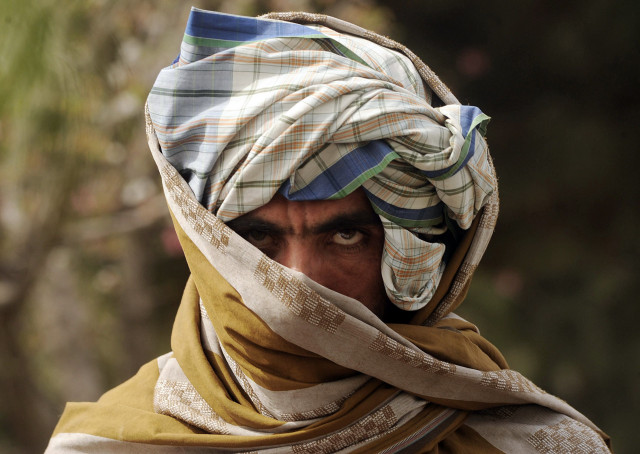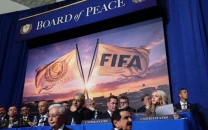Pakistan says Afghan peace requires clarity from US, Taliban
Pakistani ambassador says the Taliban must clarify whether their leaders are interested in substantive peace talks.

"We don't think all these issues can be solved by fighting. There must be a political process, but the parties need to be serious about it," Mohammad Sadiq, Islamabad's ambassador in Kabul, told Reuters in an interview.
"There is a lack of clarity on both sides," Sadiq said, referring to the US and Taliban negotiating positions.
The role of Pakistan, with deep historic ties to the Taliban, will be pivotal in US efforts to broker a peace deal between the government of Afghan President Hamid Karzai and the militant group, whose leaders are believed to based in Pakistan.
After more than 10 years of costly NATO efforts failed to defeat the Taliban on the battlefield, Western nations have embraced the goal of a negotiated end to the conflict even as they prepare to withdraw most combat troops by the end of 2014.
But the Obama administration's hopes for quickly setting up negotiations between the Karzai government and the Taliban were dealt a blow in March when the Taliban's reclusive leadership suspended participation in preliminary talks.
US diplomats had hoped their initial meetings with Taliban representatives would set in motion the transfer of former Taliban officials held in Guantanamo Bay military prison to Qatar, the release of a US soldier held by the Taliban, and eventually authentic peace talks among the Afghan parties.
A US-educated diplomat who is a key Pakistani official on peace efforts, Sadiq said that despite deep scepticism among US and Afghan officials - many of whom would accuse Pakistan itself of inconsistency - Pakistan supported the goal of a such a peace deal for Afghanistan.
Pakistan has promised to help bring all Afghan parties to the negotiating table.
Ambiguity, turmoil
Sadiq said the Taliban - whose public statements are famously opaque - must clarify whether their leaders are interested in substantive peace talks, or simply want freedom for former officials in US custody.
That ambiguity, he said, has deepened turmoil within the group, already under pressure after years of battles against foreign troops and NATO strikes against senior members.
The US position, he said, has meanwhile been hobbled by bureaucratic infighting and inconsistent offers to the Taliban regarding the proposed detainee transfer - which have fuelled militant suspicion about US intentions and made Taliban leaders more reluctant to press ahead with talks.
"The Taliban suspicion is that this aims just to split the insurgents," he said.
The US State Department, which leads US efforts to broker a peace deal, denied any inconsistencies, while the Taliban could not be reached for comment.
The US administration says it remains hopeful of restarting talks, but even confidence-building moves are fraught with controversy and risk in the months before elections that Obama hopes will give him a second term.
Pakistan had provided support to the peace process, Sadiq said, allowing certain senior Taliban officials to travel from Pakistan to Qatar, where a political address was tentatively established as part of the now-halted US peace plan.
Yet many within the US and Afghan governments remain deeply suspicious about Pakistan's motives.
Relations between Afghanistan and Pakistan were strained for months after last year's assassination of Afghan peace envoy and former president Burhanuddin Rabbani, which Afghan officials blamed on Pakistan. Pakistan denied any responsibility.
Despite Pakistani promises, Afghan officials also complain privately that Pakistan is not cooperating with requests from Karzai for senior members of his government to have access to Taliban intermediaries in Pakistan.
NATO has long complained that Pakistan has failed to prevent militants from crossly a long, poorly guarded border into Afghanistan. The US commander in Afghanistan repeated that assertion last week after at least 20 people were killed in a Taliban siege of a Kabul hotel.



















COMMENTS
Comments are moderated and generally will be posted if they are on-topic and not abusive.
For more information, please see our Comments FAQ